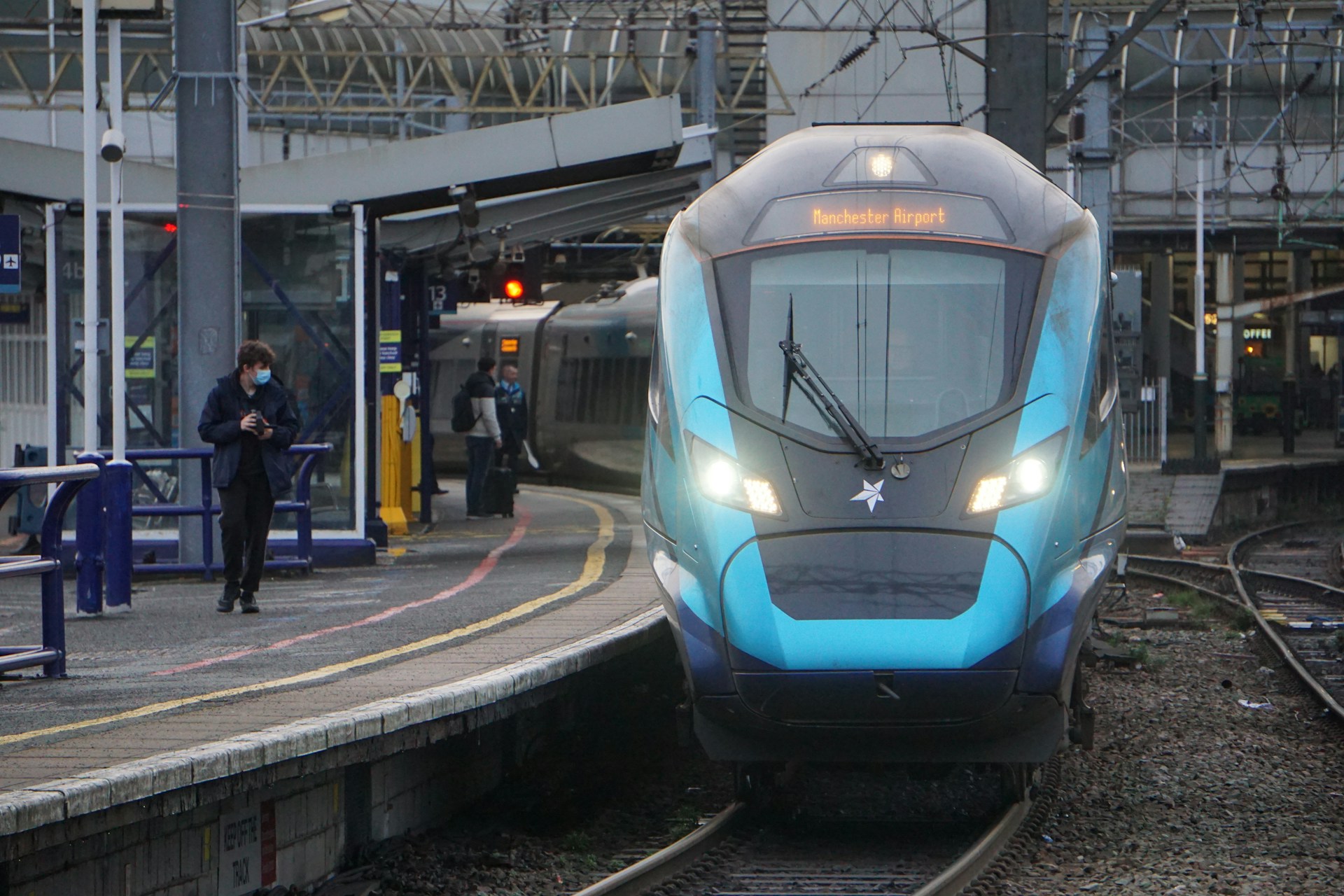The UK’s Department for Transport (DfT) has confirmed that South Western Railway (SWR) will be the first train operator to return to public ownership in 2025, marking a significant shift in the country’s rail policy. This announcement follows the passage of the Passenger Railway Services (Public Ownership) Act 2024, which received Royal Assent last week, setting the stage for further public sector involvement in the operation of UK rail services.
SWR, currently managed by FirstGroup (70%) and MTR (30%), operates key regional and commuter routes from London Waterloo, serving areas in Surrey, Berkshire, Hampshire, and reaching as far west as Devon. The transition to public ownership will take place at the end of its current National Rail Contract (NRC) on May 25, 2025. Alongside SWR, other operators, including c2c and Greater Anglia, are also set to return to public control within the next three years.
The c2c service, currently operated by Trenitalia, connects London Fenchurch Street with Essex and surrounding areas. Its return to the public sector will take effect when its NRC expires on July 20, 2025. Greater Anglia, held by UK Transport Group and operating services in East Anglia, will follow shortly after, with its NRC expected to be terminated ahead of its planned end date in the autumn of 2025.
These changes are part of a broader strategy to improve the UK’s rail system. The DfT Operator of Last Resort, currently responsible for several underperforming franchises, will manage the services once they return to public ownership. This includes operations such as Northern, Southeastern, TransPennine Express, and London North Eastern Railway, which have already been brought into public hands due to performance issues.
The government’s transition plan also aligns with the long-term goal of creating Great British Railways (GBR), a new body that will oversee both rail operations and infrastructure management. The establishment of GBR is expected to take shape with legislation planned for introduction in Parliament next year, with a preparatory phase already underway under the DfT’s Shadow GBR initiative.
Public ownership of these rail services is expected to bring numerous benefits, according to the DfT. The government has emphasized that this transition will result in savings of up to £150 million annually by eliminating the need to pay fees to private shareholders. Furthermore, the move aims to enhance reliability, reduce delays and cancellations, and ultimately make the railway system more affordable and accessible for passengers.
The DfT has made clear that the transition will be managed carefully to minimize disruption. Passengers will continue to purchase tickets as usual, and staff will remain in place during the changeover period to ensure a seamless experience. The department’s focus will be on delivering a reliable, cost-effective service that aligns with the government’s economic growth objectives.
The shift toward public ownership reflects broader debates about the future of the UK’s railways, as public opinion and political momentum increasingly favour returning key infrastructure to the state. It also marks a new chapter for UK rail services, potentially setting a precedent for further renationalization across the sector.



